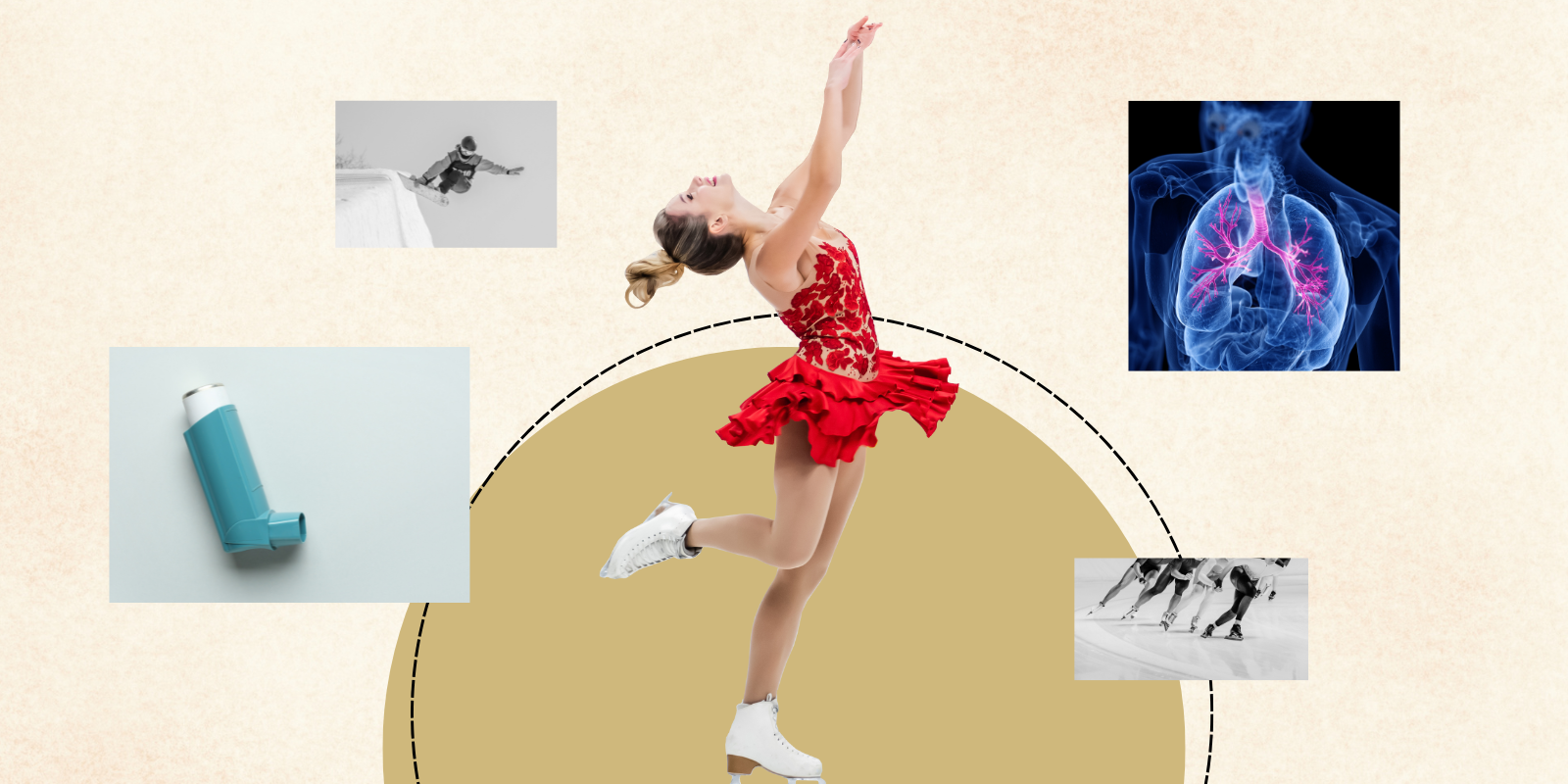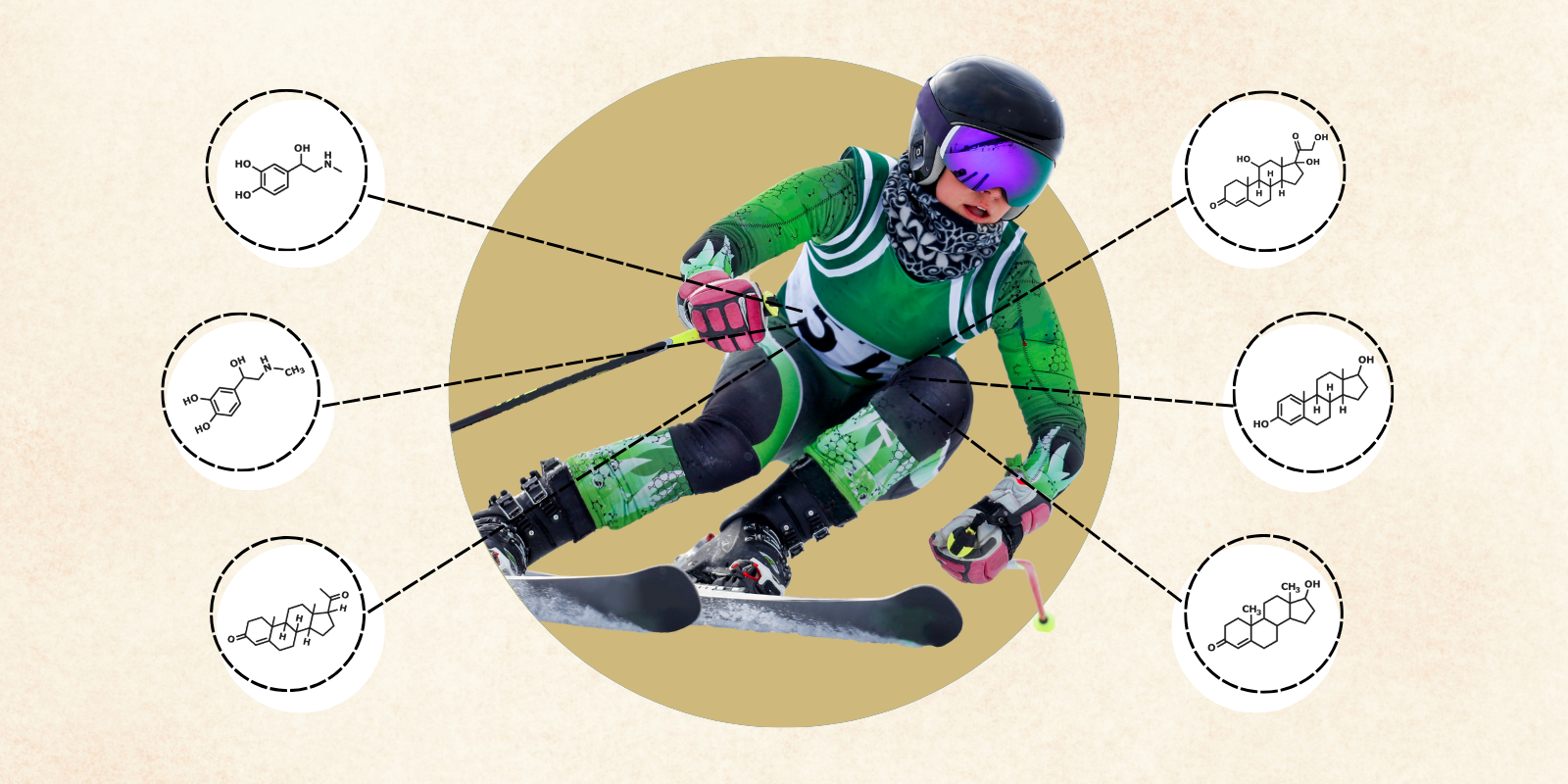Understanding the value of global partnerships, the University of Colorado Department of Medicine recently welcomed faculty from a Brazilian university to the CU Anschutz Medical Campus and facilitated learning opportunities to benefit both institutions and, in turn, elevate patient care.
Eneida Rejane Rabelo da Silva, RN, MSc, ScD, and Marco Aurélio Lumertz Saffi, RN, MSc, ScD, who are both professors and researchers at the Universidade Federal do Rio Grande do Sul (UFRGS) in Porto Alegre, Brazil, visited Colorado in late June.
This collaboration is one of many steps the CU Department of Medicine is taking to build its global portfolio, explains Department Chair Vineet Chopra, MD, MSc. Establishing partnerships with other disciplines, such as nursing, will further establish the department and its faculty as team scientists and investigators.
“As I think about diversity, I think beyond the typical markers of gender, race, and ethnicity,” Chopra says. “For me, diversity includes thought, culture, background, and how we engage with the world. Having partnerships with all corners of the world will only help us get stronger in this respect.”
 From left to right: Marco Aurélio Lumertz Saffi, CU Department of Medicine Vice Chair for Research Janine Higgins, PhD, and Eneida Rejane Rabelo da Silva smile outside of the Colorado Clinical and Translational Sciences Institute Clinical and Translational Research Center.
From left to right: Marco Aurélio Lumertz Saffi, CU Department of Medicine Vice Chair for Research Janine Higgins, PhD, and Eneida Rejane Rabelo da Silva smile outside of the Colorado Clinical and Translational Sciences Institute Clinical and Translational Research Center.
Building global partnerships
Although it was their first time visiting Colorado, Rabelo da Silva and Saffi have known Chopra for several years. In fact, they have previously collaborated on research when Chopra was at his former workplace, the University of Michigan.
“After that, we established a strong connection, and when he came to CU, he invited us to visit and have conversations about building further connections and potential collaborations,” says Saffi, a professor in the postgraduate program in cardiology at UFRGS and nurse at the Cardiovascular Intensive Care Unit at Hospital de Clínicas de Porto Alegre.
They were able to accept the invitation after Rabelo da Silva, a professor in the UFRGS School of Nursing and chief of the Clinical Research Center at Hospital de Clínicas de Porto Alegre, received a grant to support their travels from CAPES-PrInt. This program, which supports the exchange of students and faculty within research institutions abroad, is financed by the Coordination for the Improvement of Higher Education Personnel (CAPES) of the Brazilian Ministry of Education.
“The beauty of these partnerships is that they transcend people, programs, and projects. They blossom into friendships,” Chopra says. “I am hopeful for ongoing international and multidisciplinary collaborations between CU and Porto Alegre with their leadership.”
 Eneida Rejane Rabelo da Silva smiles alongside Andrés Henao-Martínez, MD, an associate professor in the CU Division of Infectious Diseases and global health leader.
Eneida Rejane Rabelo da Silva smiles alongside Andrés Henao-Martínez, MD, an associate professor in the CU Division of Infectious Diseases and global health leader.
Exchanging expertise
Rabelo da Silva and Saffi’s nearly one-week visit included discussions with CU researchers, clinicians, and leaders, with goals of exchanging expertise and identifying opportunities for future collaboration. Throughout the meetings, Rabelo da Silva and Saffi took notes, captured photos, and recorded videos of their experience to share with colleagues once they returned to Brazil.
“As a nurse, I wanted to learn how clinicians at CU approach their work with patients while also conducting research and mentoring others,” Rabelo da Silva says.
Soon, Rabelo da Silva will be taking on a new position in her hospital that is equivalent to a chief nursing officer.
“In this new position, I have to think about all of the nurses in the hospital as well as the students, so being here and learning new strategies is very important,” she says. “From this visit, I have new ideas for my clinical practices that I can implement. It’s been a great experience.”
Saffi’s favorite part of the trip was creating new connections and interacting with people from different backgrounds and cultures.
“It is important for us to come here because we can build a more robust project, for example, with more insight and experiences from others,” Saffi says. “We do research to improve the quality of life of our community, and if we can go abroad and hear different experiences and learn from others, then we can go back to our country and try to apply different strategies that have proven to work in other places.”
Through sharing information and strategies to elevate skills in research, clinical care, and mentorship, these international collaborations prove to be beneficial for both institutions.
“These partnerships will help us recruit more diverse trainees, cross-pollinate ideas, develop new projects, and forge our reputation as an outstanding place for medical care, research, and education,” Chopra says.



